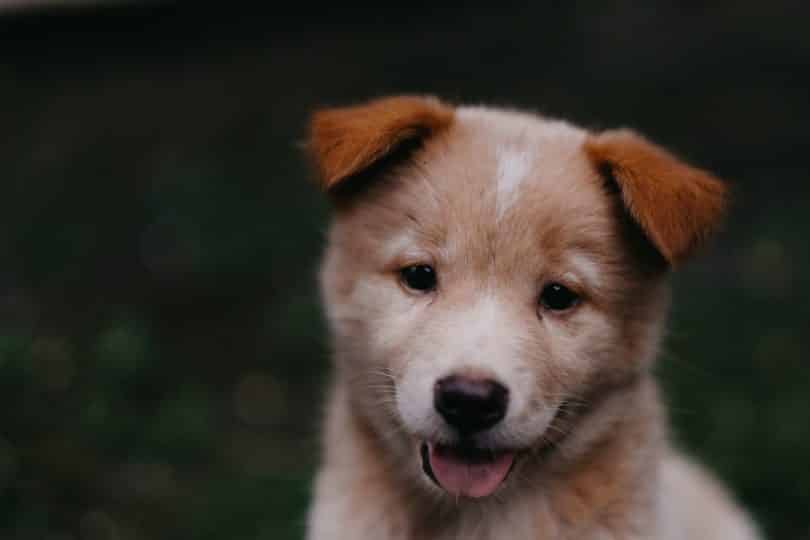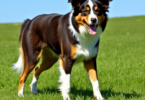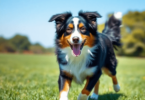Are you thinking about adding to your family with your first fluffy friend? While it might seem crazy to some people, many have never added a dog to their family before – and that’s fine! This is why we are putting this guide together to help you choose the best breeds for your first time.
While dogs have their own individual personalities, and breeds can vary greatly in what they need, it’s safe to say anyone can find a great furry friend if you know what you’re looking for. Remember there is no such thing as a bad dog breed, so don’t worry if one isn’t on this list. And remember, this is a guide, but you can be successful with any breed as long as you are committed.
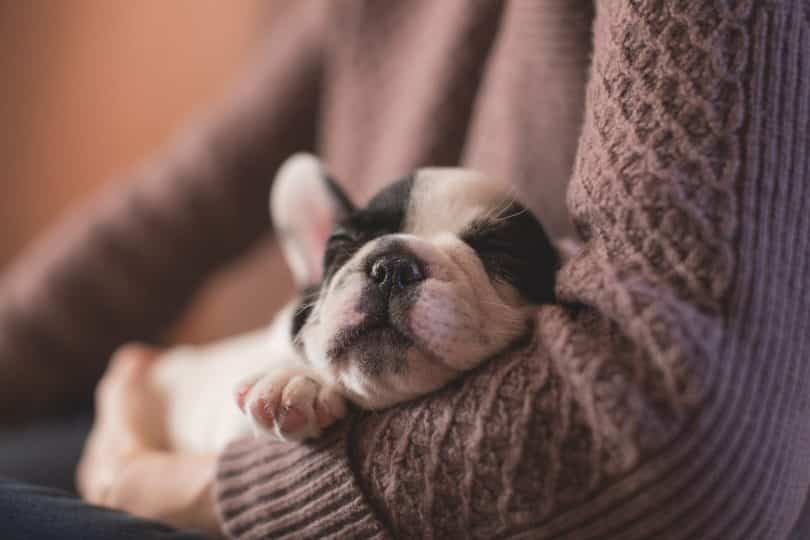
First Time Dog Owners Should Consider These 10 Breeds
- Golden Retriever
- Cavalier King Charles Spaniel
- Bichon Frise
- Boxer
- Papillon
- Labrador Retriever
- Shih Tzu
- Brittany
- Greyhound
- Pug
1. Golden Retriever
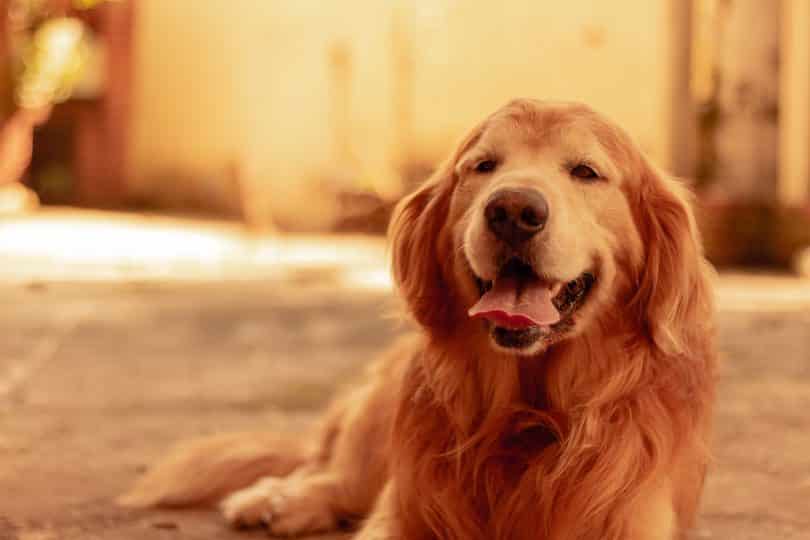
Goldens are well-behaved and amazing dogs which makes them very popular dogs. On top of being great companions, they don’t require much maintenance and they love kids and adults alike. These loving dogs can be your chill buddy, but can most definitely keep up if your family is a bit more active. These Retrievers with the golden locks train easily and have a great deal of patience, have wonderful temperaments, and are easy to train. This fine fido breed is an awesome choice for first-time dog owners.
2. Cavalier King Charles Spaniel
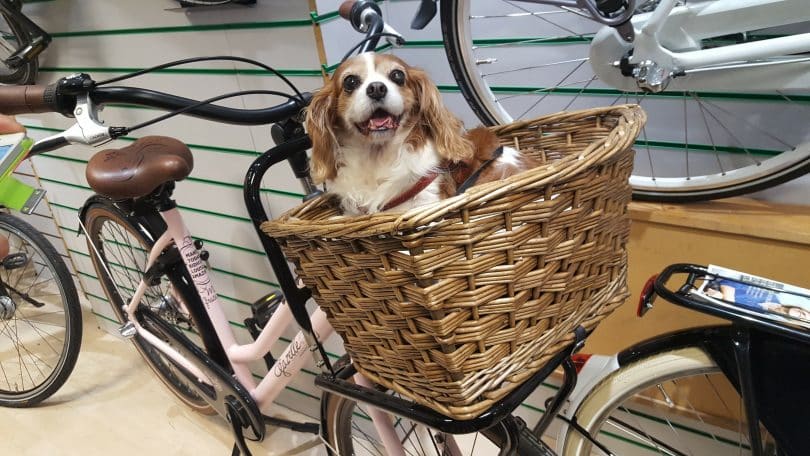
Think you might need a little smaller breed? Cavalier Spaniels are delightful little couch dwellers that love to cuddle up with you and relax any time you choose. While some say they are lazy, we prefer to say this dog breed enjoys a slower-paced life, so they don’t require much from the first-time owner. They do have longer coats however, so grooming will be needed. Cavaliers are very loving and will want you to take them everywhere with you.
3. Bichon Frise
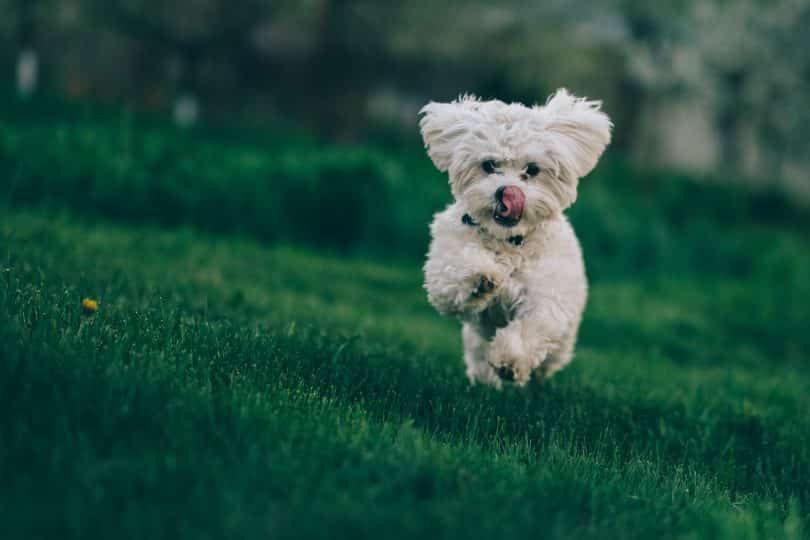
Bichons are little fur balls that look similar to poodles and are a really popular breed with both seasoned and newbie owners. So, not surprisingly, they are well tempered and make an excellent addition to the family. Grooming is minimal and they are happy with a daily walk, so they are low maintenance. However, you will need to supply lots of love for a Bichon which won’t be hard with this adorable dog.
4. Boxer
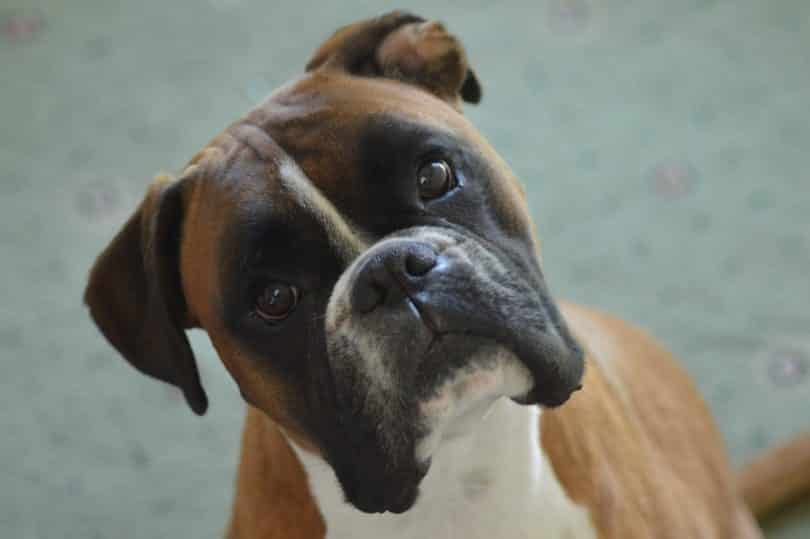
If you want to up the size of your fur baby a bit to a medium/large doggie friend, a happy, playful Boxer is a good choice. This will be a very loyal pet and bond closely with the family. If you like to be active this breed could be a good choice for you. While a lovable Boxer has very basic grooming needs, you will have to give this member of the family plenty of exercise and a good foundation of training. You will then have the most loyal buddy you can imagine.
5. Papillon
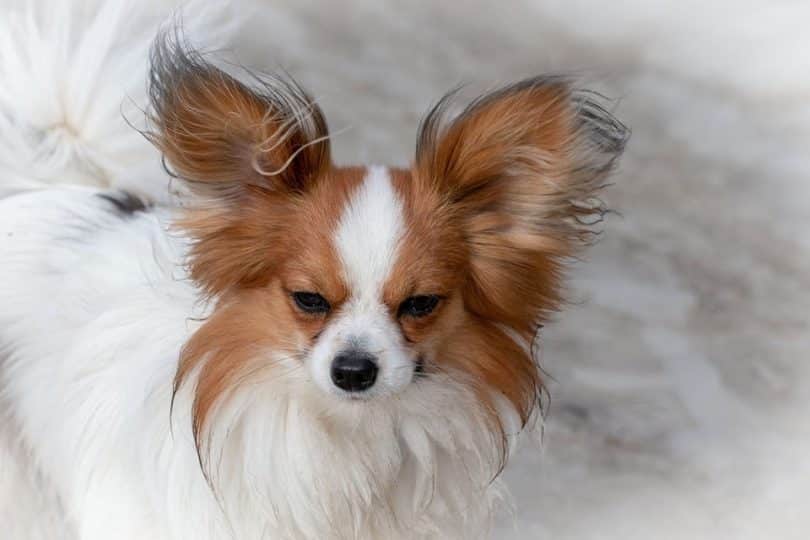
While this small breed looks like a tiny little morsel of lap goodness, don’t let appearances fool you. Papillons are very hardy and they enjoy being pretty active. This darling little doggie can be happy in your lap or going with you to workouts. While Papillons love to play and run around, they don’t demand regular exercise. This friendly breed doesn’t require a lot of grooming and is easy to train. Plus, they kind of look like little butterflies.
6. Labrador Retriever
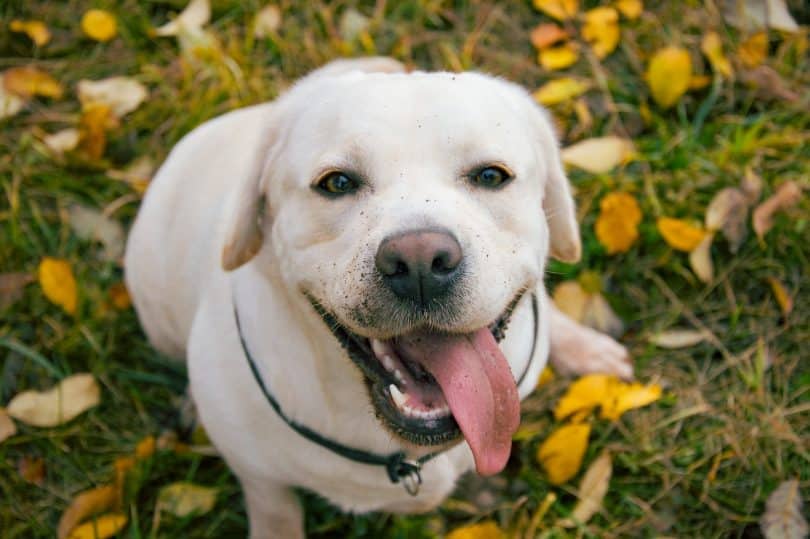
Labrador Retrievers are a very popular and recognizable dog breed. Labs are medium/large in size and their affection is even bigger than that as they bond closely with their human family members. Because this furry friend is smart, active, and playful, make sure to provide lots of stimulating activities. Training is easy because they love to learn, and grooming is minor. Well taken care of Labradors are happy, lovable and faithful life companions for the whole family.
7. Shih Tzu
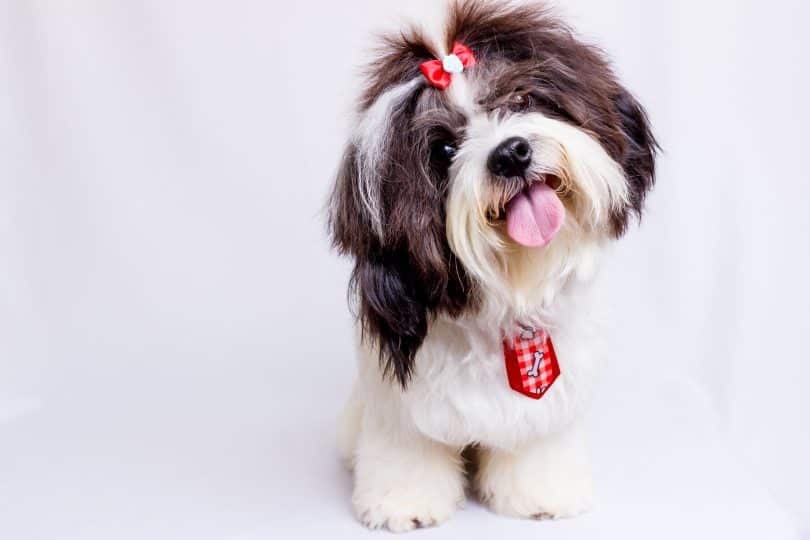
The Shih Tzu is quite gentle, so it will make a perfect lap dog to snuggle with. While his name translates to little lion, this smaller breed is a lover, and does not hunt. This companion is loving, content, friendly and will love to follow his people everywhere. Recently, this breed has moved off the couch into obedience and agility competitions. There will be grooming requirements with this little fluff ball.
8. Brittany
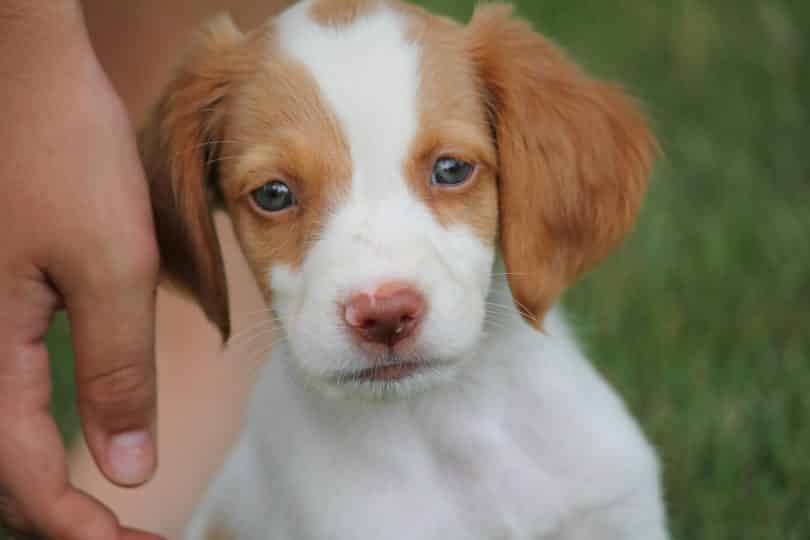
If you are looking for a smaller pet that still has a lot of spunk and can keep up with your active lifestyle, the amazing Brittany breed is for you. While this dog is small, it’s still classified as a sporting breed and has relentless energy that rivals a Labrador Retriever. Brittanies have sensitive, sweet, and lively personalities. Once you welcome this amazing little friend into your home, you’ll find that they’re addicting!
9. Greyhound
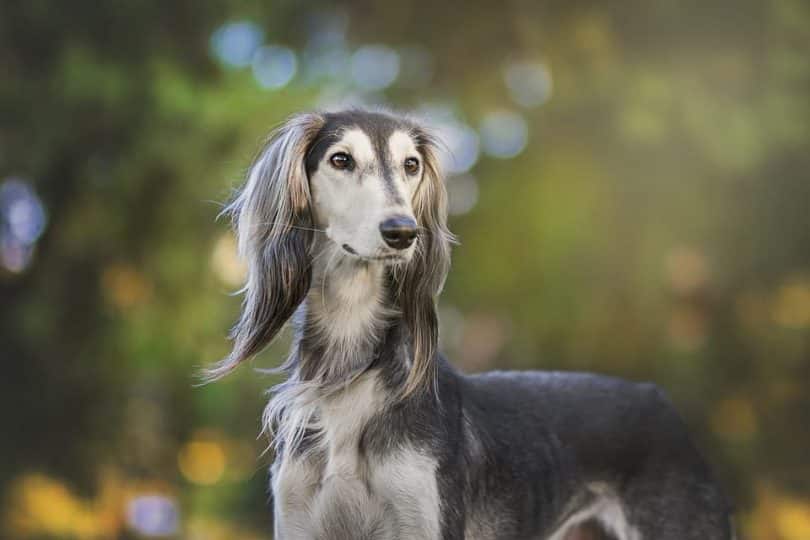
If you really have your heart set on a larger breed, Greyhounds can be couch potatoes. You might not think so, but it’s true. They are extremely easy-going animals and they love to lay around and sleep. They have to have regular exercise, but hey, that means they could be your best running companion. Greyhounds are one of the lowest maintenance breeds you’ll find when it comes to grooming, and surprisingly included is the activity needed!
10. Pug

Just picture a little Pug entering your family. You’ll find them reliably friendly, carefree dogs with a squished in, adorable face. Be aware, there may be some health issues stemming from the short nose. While this furry friend might require some extra resources, you can’t beat their playfulness and low maintenance coat. Brains: This lovable little, short tank is bright and easy to train and will love his human like crazy.
When thinking about and looking into which breed is the right one for your family, please don’t forget about mixed-breed dogs. These love bug, special dogs can make delightful buddies. By adding a mixed-breed dog to your family, you are also helping other fur babies by reducing the pet overpopulation in shelters.
If you can’t figure out exactly what breed will fit best in your life or you want to mix it up a bit, please check out your local shelter or a rescue group and consider an adorable mutt. Ask the staff to help you find a forever friend with the traits you want like training and grooming.
Adding a forever friend to your life, no matter the breed, will give you more joy than you can imagine.
Frequently Asked Questions
Should I get A Dog?
The most important thing to consider before adopting your first dog is whether or not you will be able to handle the commitment. A dog’s lifespan typically ranges between 10-15 years. Plus, they have needs just like we do, and these needs can become expensive at times. The most important thing to do is put a lot of thought into your decision instead of doing something on impulse.
Why adopt a dog?
Adopting is a wonderful way to give a fur baby a second chance at life. Often times, the dogs in shelters are there due to no fault of their own. Overcrowding in shelters and rescues is a major problem that often leads to animals being euthanized. Therefore, adopting a dog is a wonderful way to gain a new family member and save a life at the same time.
How Do I Adopt A Dog?
First of all, you’ll want to find a shelter or rescue in your area. Don’t worry, there’s likely one a lot closer to you than you think. Some places even offer services online and will deliver your new friend to you. The process of adoption is actually quite simple. Just pick out the dog you would like to give a forever home to, pay your fee, and then sign the dotted line.
What do you need to adopt a dog?
Rules and regulations may vary by area, but the most common things you will need are an application, a government-issued photo ID, proof of residency, and the adopting fees. Some shelters or rescues may also require a home visit to ensure dogs will be going to a suitable environment.
What happens if a dog doesn’t get adopted?
Sadly, many dogs in shelters will be euthanized if they are not adopted in a short amount of time, sometimes in as little as 72 hours. Rescues and no-kill shelters won’t euthanize dogs, but once they are out of space, other incoming animals are often taken to regular shelters where they literally race against the clock for their life.
Which dog is best for first time owners?
It all depends on what size four-legged friend you would prefer. If you’re keen on a larger breed, your best bet would likely be a Golden Retriever. If you would prefer a medium-sized dog, a Basset Hound is a great option. When it comes to a small breed, the best choice for a first time owner would likely be a Bichon Frise.
What do I need to know before getting my first dog?
Most importantly, you’ll want to know for sure that you are ready for the commitment. You’ll also want to do your research on different breeds and determine which would be the best fit for your home and your lifestyle. Learning basic training techniques is also a huge plus. Proper nutrition is also important, so you’ll want to research the best diet for your fur baby. Also, you should know how much exercise they will need to stay healthy.
What should I get for my first dog?
Basic necessities for your first dog include bedding, food and water bowls, clothes if you live in a cold area, food, leash and collar, ID such as tags and/or microchip, plenty of toys, and grooming items.
What training does a dog need?
All dogs are different and some may need more training than others. However, the common things you will want to work on are leash training, basic commands such as “Sit” or “Stay”, crate training if you leave the house for long periods of time, socialization training, and behavior correction if issues such as chewing or excessive barking occur.
How long can a dog be left alone?
Typically speaking, most dogs will do well with being left alone between 4-6 hours. However, adults tend to do much better with being left alone for even longer periods of time.
Should I get a dog if I work full time?
Adopting a fur baby when you work full time is perfectly fine, as long as you are willing to do the training necessary to make sure you come back to your home the way you left it. In most cases, adult dogs are more ideal for people working a full time job because they do better with being left alone for extended amounts of time.
